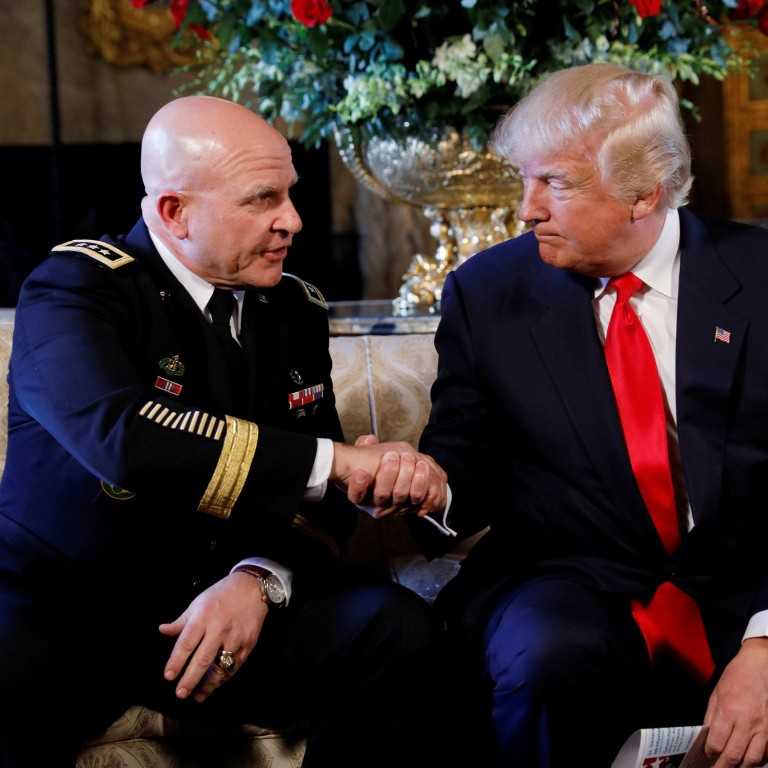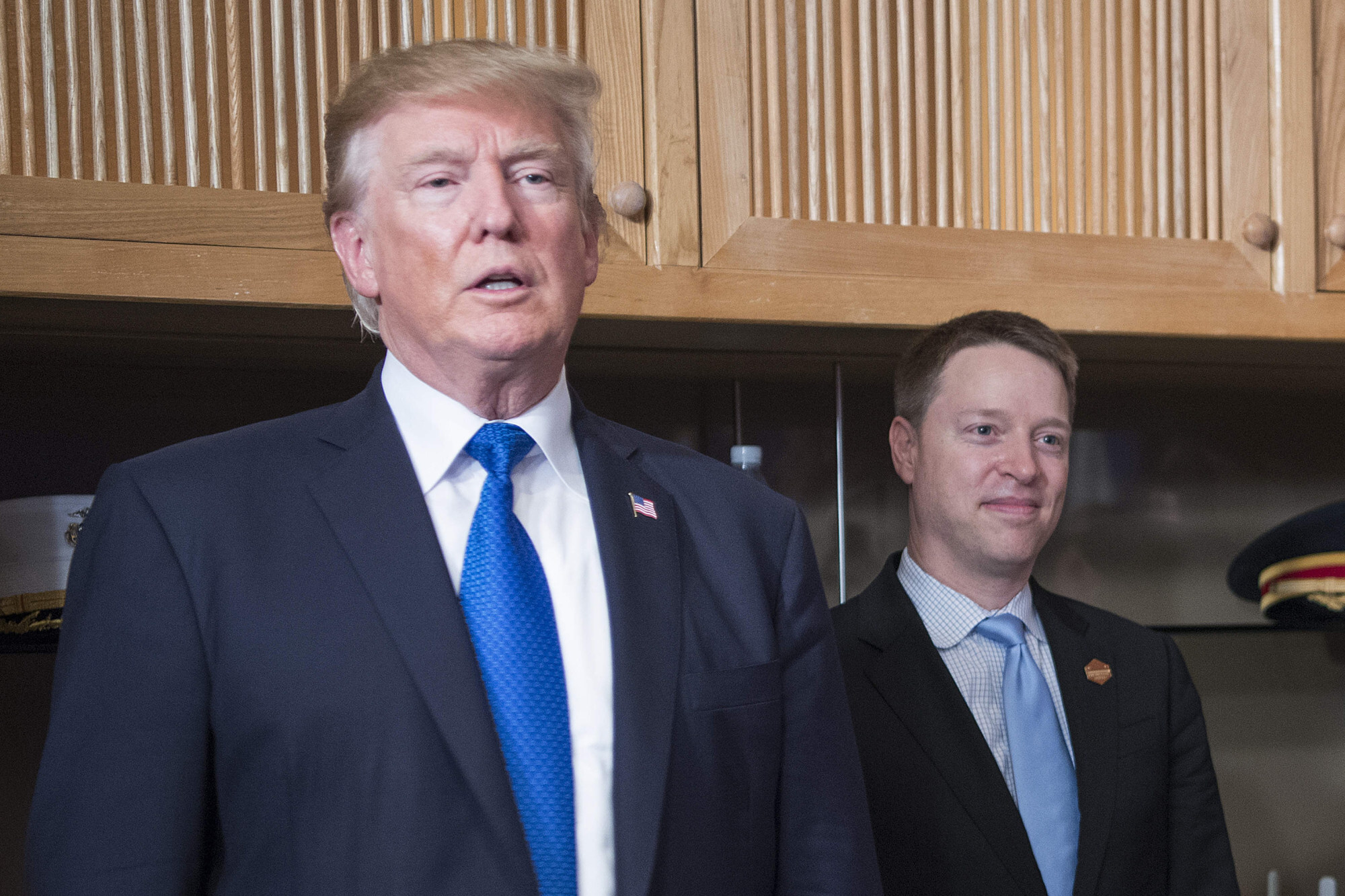
Joe Biden’s commerce secretary enlists former Trump officials to push for passage of China competition bill
- HR McMaster and Matthew Pottinger among officials helping Secretary Gina Raimondo promote what the White House is calling a ‘bipartisan innovation bill’
- The legislation would combine separate measures passed by the Senate and House of Representatives
The bipartisan panel of former and current US government officials – including HR McMaster and Matthew Pottinger, who served in the Trump administration – laid out the economic and national security rationale for passing the legislation on Monday in an event hosted by US Commerce Secretary Gina Raimondo.
“It is vital that Congress act now to counter Chinese economic aggression, compete and secure competitive advantages necessary to preserve peace and promote prosperity,” said McMaster.
McMaster served as Trump’s national security adviser for just over a year before resigning in April 2018.
Representative Doris Matsui, a California Democrat, and Senator Todd Young, a Republican from Indiana, also joined the push.
The legislation, which the White House is calling a bipartisan innovation bill, would combine bills passed by the Senate and House of Representatives, provided the two chambers can reconcile differences between the versions, which include substantial funding for cutting-edge technologies like artificial intelligence, robotics and quantum computing.
Both versions earmark some US$52 billion for the design and manufacturing of semiconductors, crucial components for the functioning of everything from cars and phones to fighter jets and ballistic missile defence systems.
“Chips are essential components of our most vital and sensitive military equipment. Our overreliance on foreign manufacturers puts crucial elements of our national and economic security at risk,” Raimondo said in a statement promoting the event.
“Our competitors like China are racing to support their semiconductor industries and they aren’t waiting for us to catch up,” she said. “Every day we wait is a day we fall further behind.”
Biden team says global chip shortage to stretch through 2022
The bipartisan group pointed out that America’s share of global chip production has shrunk from 40 per cent in 1990 to around 12 per cent today, and that the vast majority of cutting-edge semiconductors are manufactured outside the US.
Biden has made it clear he wants to overcome America’s reliance on foreign tech manufacturers and has made passage of the bipartisan innovation bill a priority.
Differences between the two bills include how best to distribute potentially billions of US dollars for scientific research funding and reorganise the National Science Foundation, a government agency that oversees research.

The Senate bill includes an oversight provision that would scrutinise foreign gifts to colleges and universities, an item not in the House bill.
And only the House bill has a line directing the State Department to work with Taiwan to change the name of its de facto embassy in Washington from the “Taipei Economic and Cultural Representative Office” to the “Taiwan Representative Office in the United States”.
The House bill also contains some items focused on climate change, a divisive issue in Congress, including US$8 billion designated for the UN Green Climate Fund. Critics of the House bill said it would have no chance of passing the Senate unless that funding was stripped out during the conference process.
The House and Senate are now preparing to begin their formal process to reconcile the two bills, congressional aides familiar with the legislation said.
Additional reporting by Jacob Fromer in Washington

